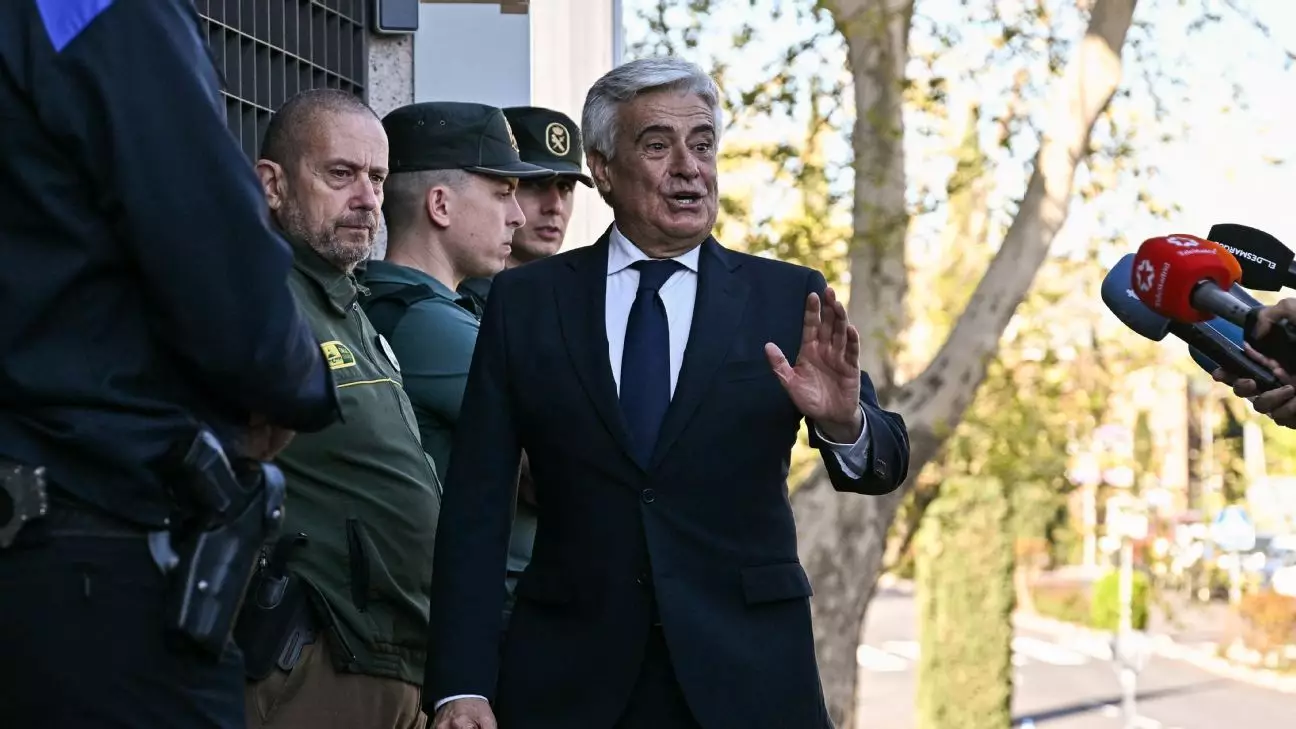The Royal Spanish Football Federation (RFEF) is on the cusp of a crucial electoral moment as it prepares to elect a new president on December 16, 2024. This significant occasion marks an essential turning point for the organization which has been without stable leadership since the suspension of Pedro Rocha. His suspension was enforced by Spain’s Sports Council due to violations deemed critical. Since July, the absence of a definitive governing figure has left the RFEF vulnerable and struggling to navigate the ongoing crises surrounding its governance.
Pedro Rocha became the interim president following the abrupt resignation of Luis Rubiales, who left his post after a scandal involving a non-consensual kiss with player Jenni Hermoso during the celebratory events of the Women’s World Cup victory. His actions precipitated a national outcry and ignited discussions about misconduct and respect within the realm of sports. This incident exemplifies the need for a thorough change within the RFEF, as it faces criticism over leadership decisions and management practices. The government’s decision to form a specialized committee to oversee RFEF activities only underscores the extent of dysfunction within the organization.
FIFA’s recent involvement presents an added layer of urgency to the situation. The organization has laid down strict timelines for the election process, emphasizing that a new president must be in place within a three-month window. The upcoming FIFA Congress will weigh in on Spain’s joint bid with Portugal and Morocco to host the 2030 World Cup, and the lack of a stable presidency within the RFEF has raised alarms about the potential repercussions for this application. As the football world watches closely, the importance of the upcoming election becomes even more pronounced.
Luis de la Fuente, the national coach, recently voiced his concerns regarding the possible fallout from this leadership gap. The fear is not merely speculative; it carries tangible implications that could jeopardize Spain’s position in the international football community. The RFEF, grappling with leadership issues, risks alienation from FIFA, leading to potential disqualification from hosting major tournaments. The broader consequences of this crisis could endanger Spain’s reputation on the global stage as a powerhouse in the sport.
As Spanish football stands at a critical junction, the December election is poised to define the future of the RFEF and its ability to regain credibility. Actions will need to be taken to restore trust built on transparency and accountability within the sport’s governing body. The faithful fanbase and players expect a leadership that can fortify the organization against future controversies while promoting a culture of respect and professionalism. The upcoming months leading to the election are crucial; it is imperative that the RFEF not only completes the electoral process but also seeks to rebuild its image and lay a strong foundation for its operational future.

